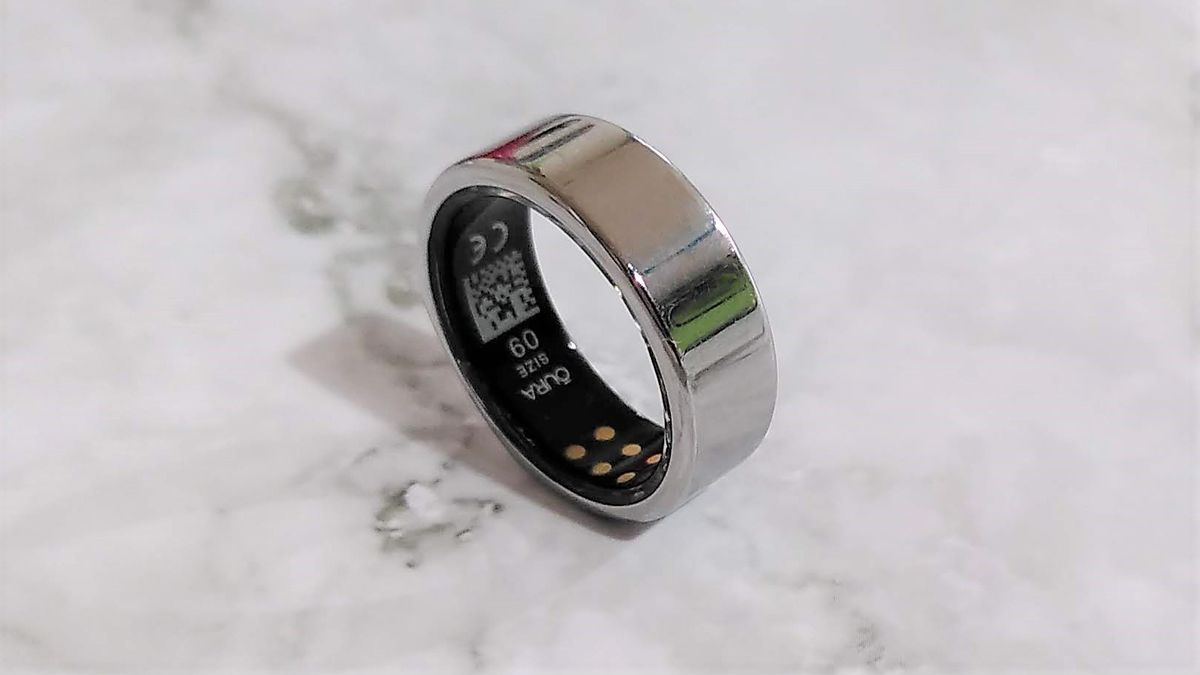The Oura Ring is an excellent holistic health and wellness tracker, much like the rest of our best smart rings list, but these minimalist health trackers are a little light on features when it comes to tracking workouts. Without GPS built-in or a screen to update you regularly on your progress through a workout, it’s tough to recommend them as pure workout devices when compared to the best fitness trackers.
However, it sounds as though the Oura Ring is at least getting a feature that the best Garmin watches and Fitbit make great use of, which will improve its workout tracking capabilities: heart rate zones.
Heart rate zones take your possible range of heart rate measurements and divide them into numbers or colors. During exercise, a low heart rate may show as a cool blue on your fitness tracker, while a very high heart rate may show as a red “warning” sign that your body can’t take much more.
It’s a very good indicator of how hard you are working during cardiovascular exercise, employing a language beyond just a number on a screen to communicate your effort more easily.
While Oura obviously won’t be able to alert you to a high heart rate mid-workout (after all, it has no screen), a teardown of the latest iteration of the Oura app for Android users shows lots of references to heart rate zones hidden in currently unused lines of code. Android Authority published the results of an APK (Android Package Kit) teardown it performed on the Oura app, finding references to six heart rate zones designed to “assess the intensity of an activity.”
We imagine that when the Oura Ring logs a workout or you manually tag a workout to view it later, you’ll be able to see which heart rate zones you spent the most time in. As hinted by the teardown, other features probably coming to the Oura app include AI-assisted meal tracking, in which you input your meals, and Oura’s AI can scan its database and provide information about how your meals and mealtimes are likely to affect your sleep.
Heart rate zones and retroactive analysis
When I’m using one of the best running watches, like a Garmin or my Apple Watch, I use heart rate zones in conjunction with my speed and pace to adjust how much energy I’m spending. I know I need to slow down if I’m going for a long run and my heart rate is in the red, and I know I could increase my effort further if I’m in the green and I’m trying for a 5K personal best.
Having heart rate zones on the Oura Ring could be a useful addition for retroactively analyzing how one improves during exercise over time or how more intense exercise affects sleep and recovery—the area Oura excels at.
However, without a screen, the heart rate zone feature’s usefulness is limited, as this simple way to connote effort is most useful while you’re in the workout itself. I love that Oura seems to be trying new things and relying on software updates rather than hardware, as it’s a great way to distinguish it from rivals like the Samsung Galaxy Ring. Time will tell whether this feature really does materialize, and how useful we find it.





